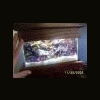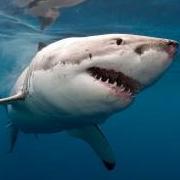8 year old 1 gallon reef, 12 yr old planted sphere (19")
-
Topics
-
Latest Update
-
3
-
0
WTS Used Hailea HK-150A Chiller
Used Hailea HK-150A chiller for sale $150 interested pls WhatsApp or call 96633566. Thank t -
3
-
3
Decomm Sales - Lots of Good Stuff, Good Deals!!!
UPDATE : Eco Tech XR15 G5 set of 3 units on a 4ft original railing/stand : $1,500 $1,200 (negotiable) 2. Maxpect Protein Skimmer MJ-SK400 : $400 (Still available) 3. Teco Chiller TK 1000 : $550 (Sold) 4. Teco Chiller TK 2000 : $650 (Negotiable) 5. Kamoer F4 Pro WiFi Dosing Pump : $150 - Sold 6. Jebao Return Pump MDP-3500 : $80 7. ZACRO CY-009 Auto Feeder : $20 8. Pro Reef 4.8l (3 x 1.6L) compartment Acrylic dosing container : $30 Sold 9. 5 stage RODI unit with booster pump, TDS meter and meter gauge : Sold -
-







Recommended Posts
Join the conversation
You can post now and register later. If you have an account, sign in now to post with your account.